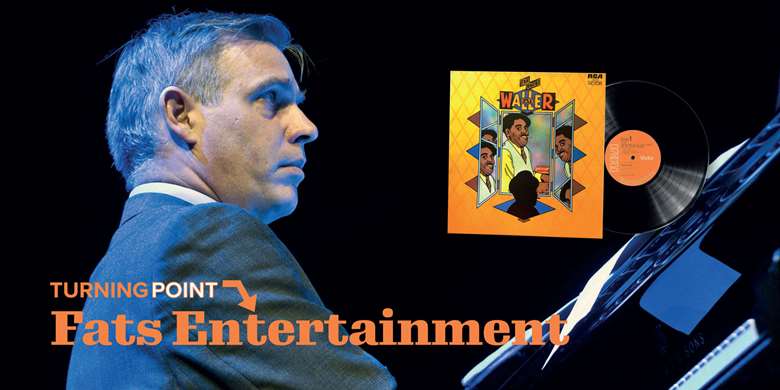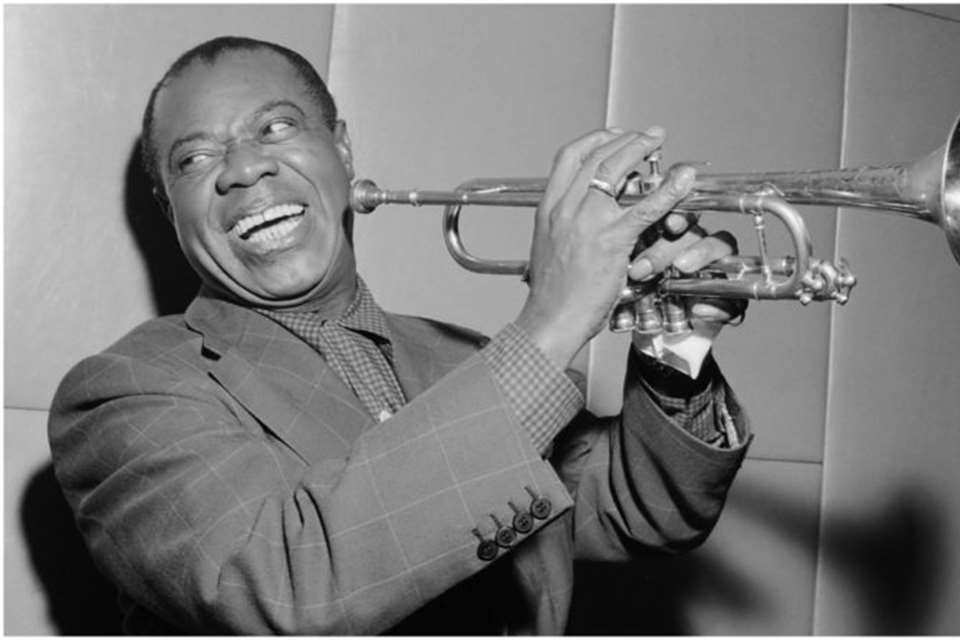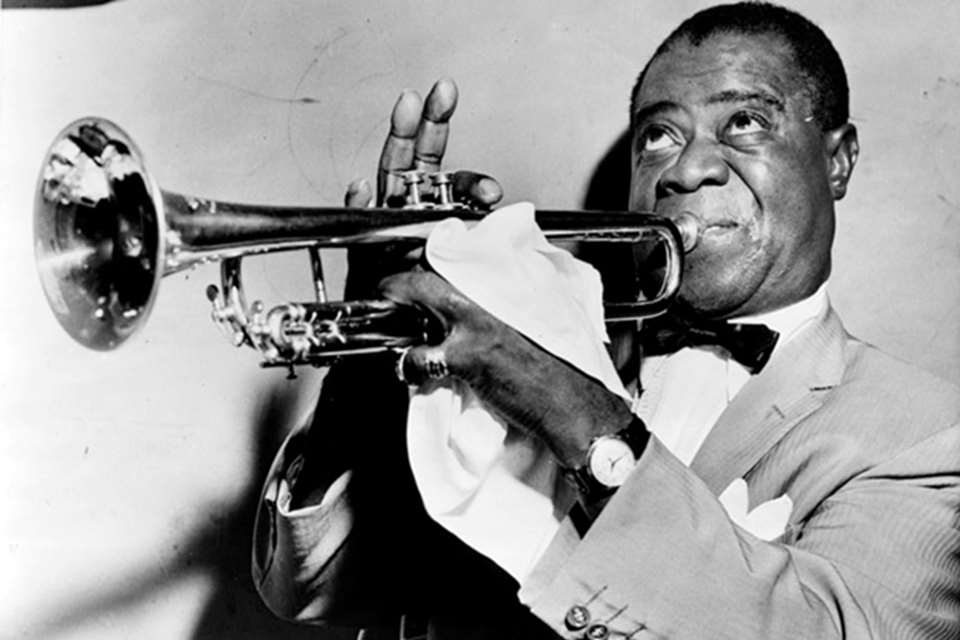James Pearson's turning point: The Vocal Fats Waller
Brian Glasser
Thursday, November 14, 2019
Pianist James Pearson talks about the album that changed his life, Fats Waller’s 'The Vocal Fats Waller'.


Register now to continue reading

Thank you for visiting Jazzwise.co.uk. Sign up for a free account today to enjoy the following benefits:
- Free access to 3 subscriber-only articles per month
- Unlimited access to our news, live reviews and artist pages
- Free email newsletter

